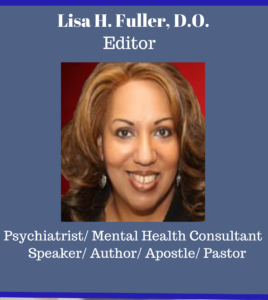.
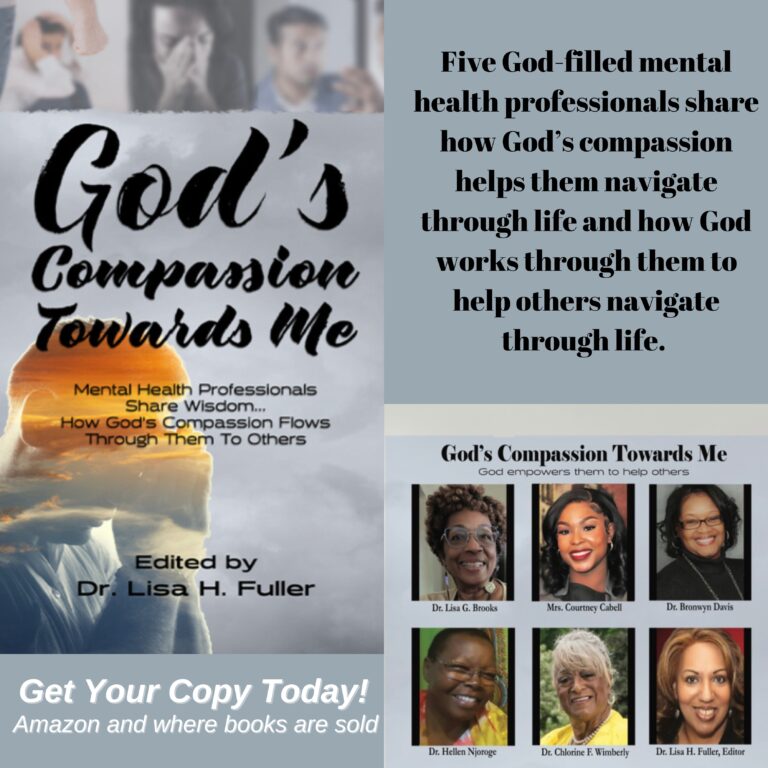
Meet The Authors
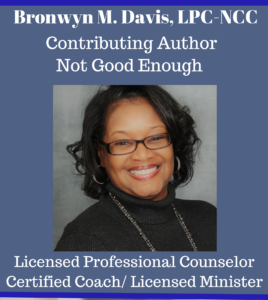
Q1. Who are you and what do you do?
My name is Bronwyn Davis. I am a master’s prepared and board certified Licensed Professional Counselor (LPC) and a licensed EACM minister. I am the Founder & Executive Director of A Safe Place Clinical Counseling, PLLC. I am also a member of the Michigan Mental Health Counselors Association
(MMHCA).
Q2. What is the name of your Chapter in God’s Compassion Towards Me?
My chapter title is “Not Good Enough.”
3. What is the message of your chapter?
The message of my chapter is that feeling not good enough is something that both men and women experience. The challenge with this is that unfortunately, when self-doubt, comparison or insecurities are replayed, a person has to believe that they can work beyond their negative belief system to reach their potential. Some of the greatest people have battled with this, but in time learned to conquer with great success.
4. What takeaway do you want to leave with the readers?
You are good enough! God created you. You are fearfully and wonderfully made. Though life may have unexpected turns, experiences and curve balls, no matter what you, you are created to be all that God called you to be!
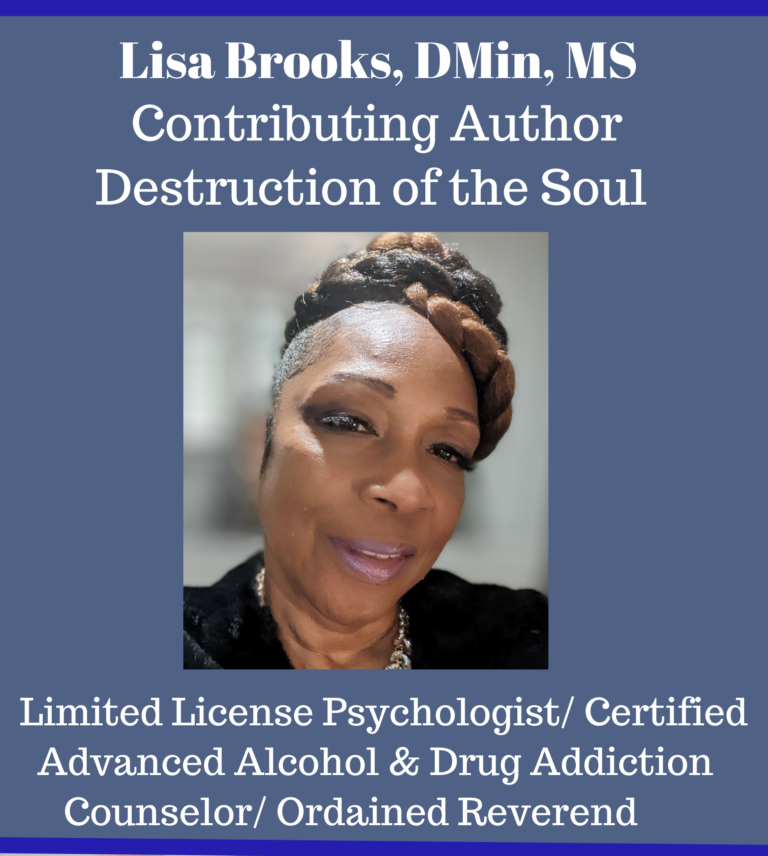
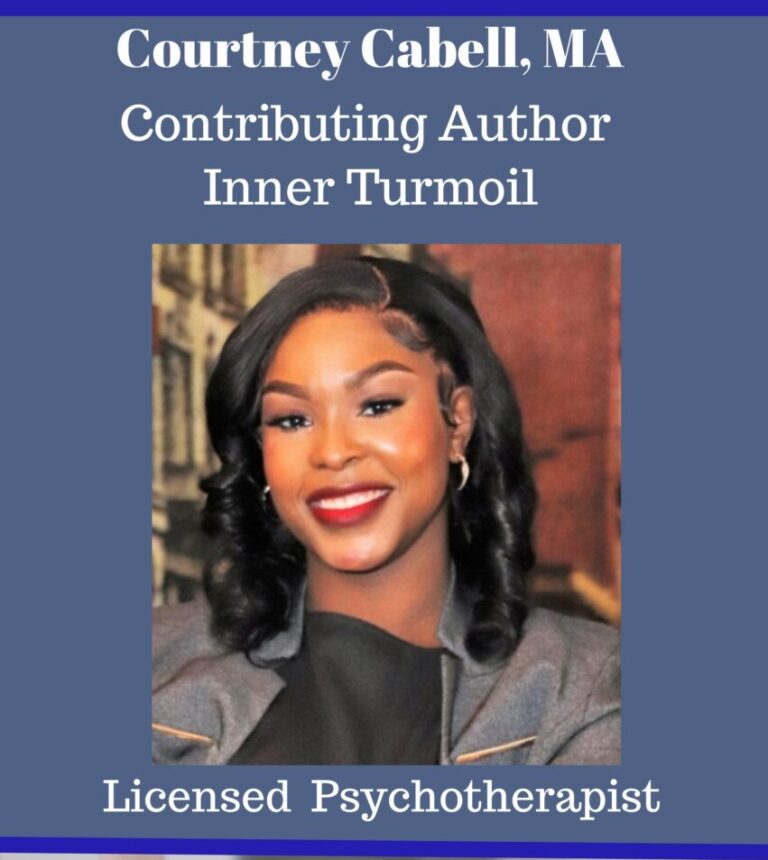
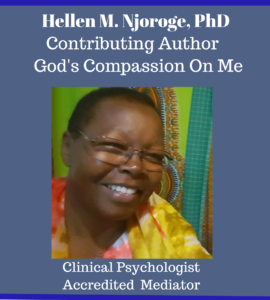
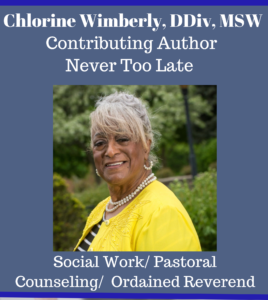
Q1. Who are you and what do you do?
My name is Dr. Chlorine Forest Wimberly. I am a psychotherapist who uses Talk Therapy to treat clients/people who are experiencing emotional problems and mental illness to manage general emotional unrest, trauma, grief and other mental health disorders.
Q2. What is the name of your Chapter in God’s Compassion Towards Me?
The name of my chapter is, “IT’S NEVER TOO LATE.”
Q3. What is the message of your chapter?
The message of my chapter is that you can recover from emotional hurts and pains that stems from Domestic Violence as well as forgive those individuals who experienced inner turmoil, embrace who God has called you to be and know ‘”IT’S NEVER TOO LATE.”
Q4. What takeaway do you want to leave with the readers?
I want readers to understand that domestic violence may be part of our experience, part of the journey, but it is not YOU. You can be healthy and whole through Christ who, “strengthen you.” (Philippians 4:13) and know IT’S NEVER TOO LATE.
